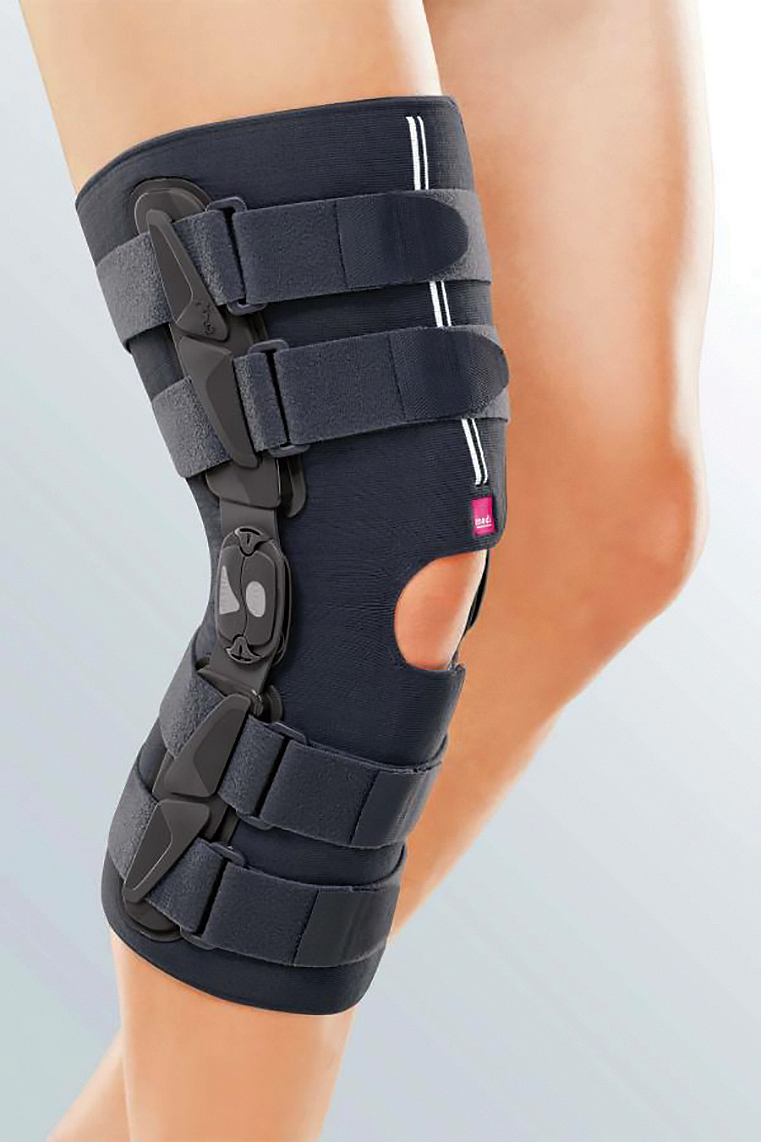Spare a thought for the joint that bears the entire weight of your body and helps you walk, run and dance. Get moving to beat the lifestyle disease
If you are in the older age bracket, many of your friends may be suffering from knee pain, running the gamut from mild to debilitating. Studies show that osteoarthritis is the most prevalent form of arthritis in India, affecting over 15 million adults every year. There have been alarming reports that India may become the osteoarthritis capital of the world with over 60 million cases by 2025. But this is a highly preventable disease, so hopefully we can all avoid such a situation.
Osteoarthritis usually affects the knee the most. Usually, it is an affliction that comes with advancing years. As joint cartilage gets worn out, the surfaces of the shin bone, thighbone and kneecap rub together. This can lead to pain, swelling and inflammation, making walking difficult. This condition can also be caused by an injury to the knee joint.
Ten years ago, doctors would invariably caution patients, ‘We must conserve the knee, avoiding stairs and squatting.’ These days, with medical research revealing more about this important joint, which takes the whole weight of your body, the advice is more nuanced. In fact, often more activity rather than less delays deterioration.
Dr Amite Pankaj Aggarwal, Director and Unit Head, Department of Orthopedics and Joint Replacement, Fortis Hospital, Shalimar Bagh, says as a preventive measure, “One must keep joints active by doing regular exercises. But once the joint degeneration has started, we advocate lifestyle modifications to halt/decrease the rate of deterioration. High impact activities such as running, jumping, competitive sports and stairs should be restricted.”
Good muscle strength prevents premature onset of osteoarthritis. Hip and core muscles must be strengthened under the supervision of a physical therapist. Swimming and yoga don’t put strain on the knee joint, whereas high impact exercises like aerobics and jogging will. Any regular activity will also reduce obesity, as a primary reason for putting on weight is lack of physical activity coupled with rich food. Get up at regular intervals if doing a desk job.
So is it okay to take ibuprofen or aspirin to reduce the pain? Patients are often prescribed painkillers for arthritic pain but they hesitate to take them, as lay advice is that one gets addicted to painkillers. Dr Aggarwal says paracetamol has been found to be safest, although ibuprofen and aspirin can also be used occasionally.
Knee replacement is often done for those in acute pain but it is not necessary that the whole knee is taken out. Sometimes it entails replacing the surface of the bones in the knee joint. Dr Aggarwal explains, “Total knee replacement involves resurfacing both the large bones of the knee. Partial knee replacement involves resurfacing only the affected part of the knee. Whether a patient will need total knee replacement or partial depends upon the extent of the involvement of the joint.”
These days word has spread about ReGrow, when a tissue from the patient is removed and developed in a lab in Mumbai, later to be reattached. A lot of doctors are sceptical about it, whereas one major hospital chain is going ahead with such surgeries. What does Dr Aggarwal have to say about it? “ReGrow is a technique where a localised cartilage defect is regenerated by growing the cells in a lab. The indications are very limited and it is not routinely used in degenerative knee conditions, namely osteoarthritis.”
Some precautions:
– Always wear braces or other support bands when playing sports like tennis or skating
– Stretch daily to improve flexibility — it is advisable to do so after a warm up
– Opt for a healthy diet high in omega-3 fatty acids, which helps lower inflammation and keep joints healthy e.g. fish like salmon
– Eat calcium-rich foods like broccoli, kale and dairy products
Dr Reshma is an advocate of wellness, prevention and holistic health. Instagram handle: dr.reshmakhattarbhagat





